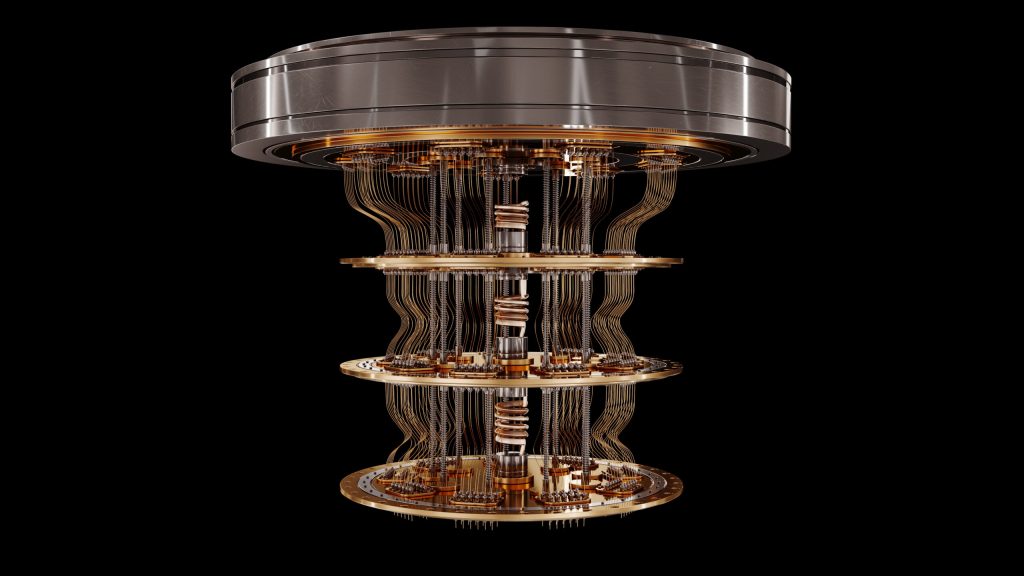Equal1’s machine combines quantum and classical processors on a single chip, runs on standard power, and fits easily into today’s HPC environments.
An Irish startup, Equal1, has unveiled the world’s first silicon-based quantum computer designed to integrate smoothly into existing data centres instead of requiring entirely new infrastructure.
Named Bell-1, the compact six-qubit device is built to slot directly into standard server racks, weighing just over 200 kilograms and roughly matching the size of a conventional GPU server.
Its standout feature is a self-contained cooling unit that maintains a temperature of 0.3 kelvin without external cryogenics, making it far more practical to deploy than traditional quantum machines.
Bell-1 relies on silicon-based spin qubits instead of more common trapped-ion or superconducting qubits, allowing it to take advantage of existing semiconductor fabrication methods. This choice results in smaller, more scalable components and paves the way for greater qubit density.
The UnityQ chip at the system’s core combines quantum processor units (QPUs), Arm CPUs, and neural processing units (NPUs), eliminating the need for complex coordination between classical and quantum systems — it can be plugged into a power outlet and used like conventional hardware.
The platform includes built-in error correction and AI-powered controls developed in partnership with Arm, helping reduce errors and increase operational speed. Even though this first-generation chip supports just six qubits, Equal1 plans to scale up future versions.
Instead of replacing the entire system, early adopters will be able to upgrade existing installations, ensuring long-term relevance and smoother adoption of more advanced models.
Equal1’s breakthrough builds upon performance records it set in late 2024, where its silicon qubit arrays demonstrated the highest gate fidelity and speed ever recorded.
Bell-1 marks a significant leap forward by offering quantum capabilities without the barriers typically associated with quantum hardware, bringing the technology closer to practical use in traditional computing environments.
Would you like to learn more about AI, tech and digital diplomacy? If so, ask our Diplo chatbot!
